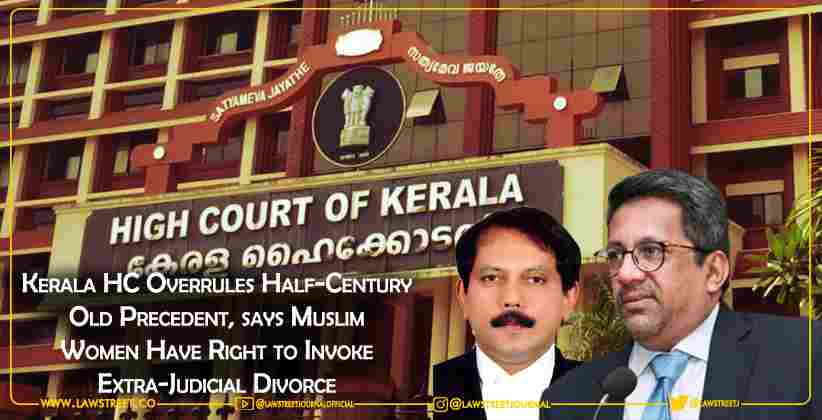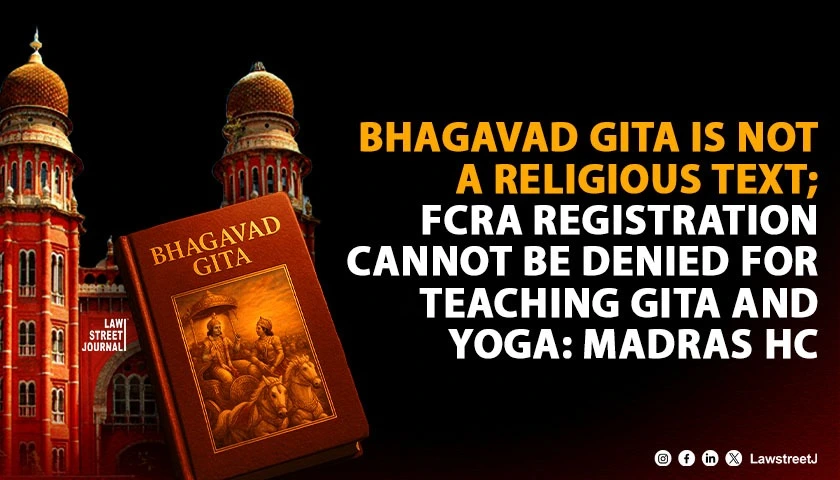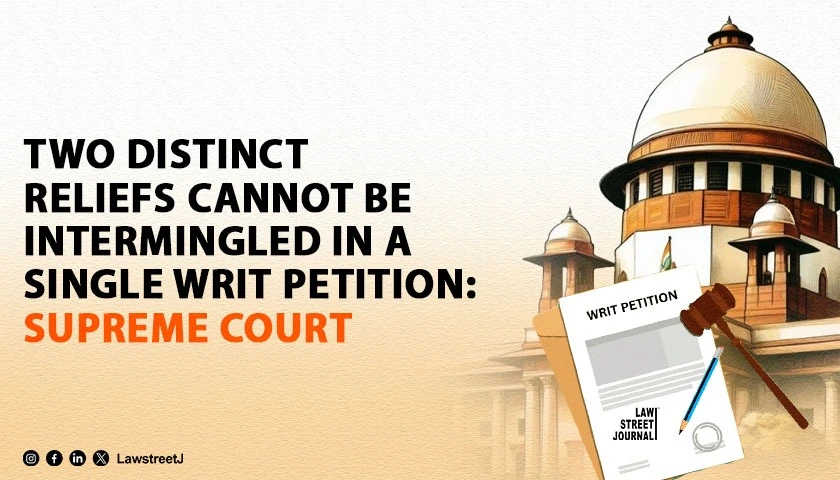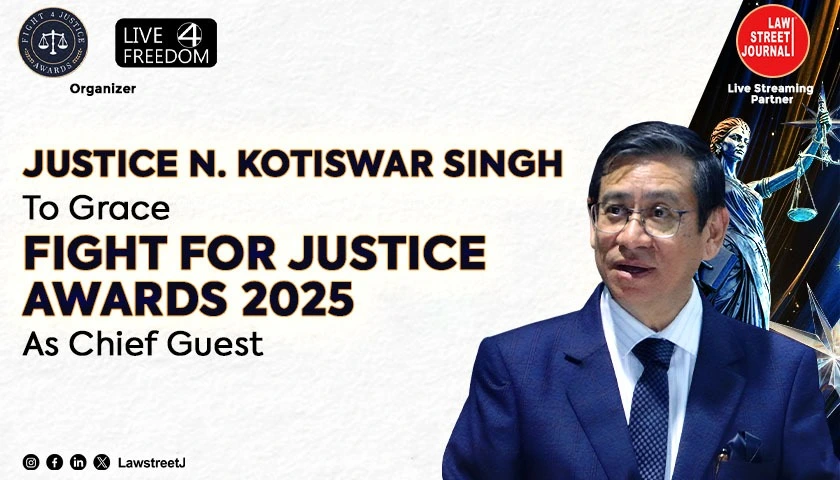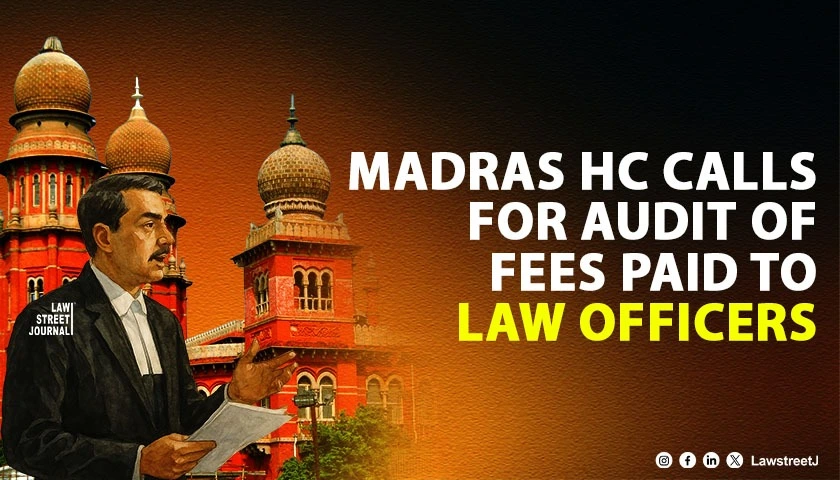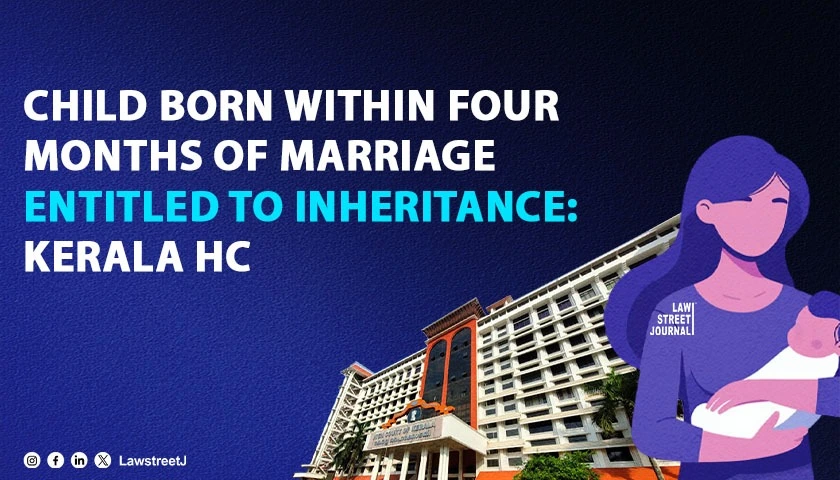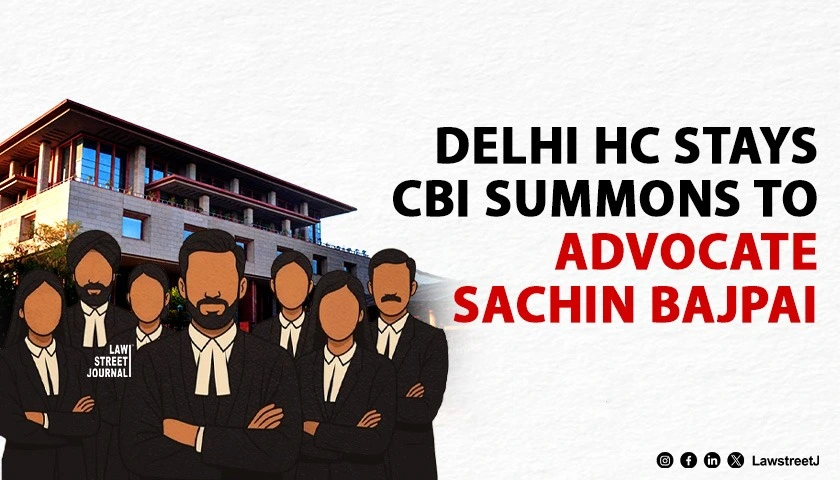The Kerala High Court overruled a 49-year judgement that did not allow Muslim women to resort to extra-judicial ways of dissolving their marriage and thereby upheld the validity of these modes.
The Dissolution of Muslim Marriages Act, 1939 governed the said scenario.
The judgement was given by Bench of Justice A Muhammad Mustaque and CS Dias held:
"All other forms of extra-judicial divorce as referred in Section 2 of the Shariat Act are thus available to a Muslim woman. We, therefore, hold that the law declared in K.C.Moyin's case (supra) is not good law."
This judgement has proved to be a relief to a number of petitions that had been filed before the court, in which these extra-judicial measures were resorted to.
"The issue involved in as above is inextricably connected to ultimate justice which women involved in all these cases seek. These cases speak in abundance about the patriarchal mindset followed in the Society for decades depriving Muslim women of their right to invoke extra-judicial divorce. While there was a huge clamour to retain the practice of 'triple talaq', an un-Islamic practice; no such open and apparent demand seems to exist to restore the right of Muslim women to invoke extra-judicial divorce. The above sketch the miseries of women despite the promise guaranteed under Article 14 of the Constitution of India.
A significant question has been posed by the Court in the judgement which is whether it is the intention of the Legislature to do away with extra-judicial divorce otherwise followed by the followers of different schools.
"There is a growing tendency to resist changes being effected upon the Muslim community with regard to the method and manner of effecting divorce consistent with the Quranic injunctions. This dilemma in our country is as old as the Dissolution of Marriage Act, 1939. The question involved in these cases also has to be probed on the anvil of the personal law protected under the statute, 'The Muslim Personal Law (Shariat) Application Act, 1937.
Courts Way of Resolution of the Question
The modes that are available to Muslim Women seeking divorce were discussed in the judgement. These can be listed as:
- Talaq-e-tafwiz, where the wife can dissolve the marriage if her husband fails to keep his end of the marriage contract,
- Khula, where a wife can unilaterally divorce her husband by returning his dower,
- Mubara'at, dissolution by mutual consent, and
- Faskh, dissolution with the intervention of a third person, such as Qazi
The Shariat Act, 1937 which previously governed Muslim Marriages and other practices recognised all forms of extra-judicial divorces except for Faskh by the virtue of Section 2 of the Act.
A woman could only resort to remedies under the Dissolution of Muslim Marriages Act, 1939 and remedies under Personal Law could not be revoked, as held in the judgement of KC Moyin vs Nafeesa. However, the Court disagreed with the same and held:
"On an overall analysis of the scheme of the Shariat Act as well as the Dissolution of Muslim Marriages Act as above, we are of the considered view that the Dissolution of Muslim Marriages Act restrict Muslim women to annul their marriage invoking Faskh except through the intervention of the Court. All other forms of extra-judicial divorce as referred in Section 2 of the Shariat Act are thus available to Muslim women. We, therefore, hold that the law declared in K.C.Moyin's case (supra) is not good law.
On Khula
The Court held that a Muslim woman has an unconditional right to invoke a khula. However, it was also highlighted that any invocation of the same without there being an attempt for reconciliation would be bad in law.
"If an unbridled power to invoke khula is given to a Muslim wife, it may result in untold miseries and hardships to both
The Husband could take legal recourse if his Wife did not return her dower.
The Court said, "Insistence to return dower or payment of compensation, therefore, are to be understood as husband is legitimately entitled to claim back what is otherwise due to him on account of unilateral invocation of khula by the wife.
Since there was absence of a secular law to govern extra-judicial dissolution, the Court of law adjudged the Principles from the Hadith (Prophets saying).
"In the absence of any secular law governing khula, we hold that khula would be valid if the following conditions are satisfied:
- A declaration of repudiation or termination of the marriage by the wife.
- An offer to return dower or any other material gain received by her during the marital tie.
- An effective attempt for reconciliation was preceded before the declaration of khula."
Family Courts Way to Adjudicate Extra-Judicial Modes of Dissolution
The Court said that there must not be an issue as such in endorsing an extra-judicial divorce so as to determine the matrimonial status of a person by the Family Court.
Additionally, the Court also directed Family Courts to be entertaining applications made by any of the parties or both parties to declare the marital status of such parties in the matters of talaq, khula, mubaraat, and talaq-e-tafwiz.
In the cases of Khula and Talaq, where the scope of inquiry before the Family Court would be limited, then the Family Court must record the khula or talaq to ascertain the marital status of the parties after due notice to the other party.
The court stated, "If any person want(s) to contest the effectiveness of khula or talaq, it is open for such aggrieved person to contest the same in appropriate manner known under law.
Pertaining to the cases of consensual modes of dissolution, mubaraat and talaq-e-tafwiz, on being satisfied that the dissolution is being effected on mutual consent, the Family Court without further inquiry shall declare the marital status.
Family courts were specifically instructed by the Court not to adjudicate upon extra-judicial divorce unless it was called upon to do so in an appropriate manner since the Courts were overburdened with large number of cases.
The Court said, "The Family Court in such matters shall endeavour to dispose of the cases treating it as uncontested matter, without any delay by passing a formal order declaring the marital status.
"There is a growing tendency to resist changes being effected upon the Muslim community with regard to the method and manner of effecting divorce consistent with the Quranic injunctions"
The Court also highlighted similarities of the practice of Khula to the more widely-known mode of dissolution available to men, the talaq, since both these practices are unilateral modes of divorce. The court emphasised the following while speaking on talaq-e-biddat or triple talaq:
"While there was a huge clamour to retain the practice of 'triple talaq', an un-Islamic practice; no such open and apparent demand seems to exist to restore the right of Muslim women to invoke extra-judicial divorce"
The Court observed that Khula was derived from the Quran and said, "there is a growing tendency to resist changes being effected upon the Muslim community with regard to the method and manner of effecting divorce consistent with the Quranic injunctions."
The Court also spoke of depriving the rights of Muslim Women to invoke extra-judicial modes by saying, "these cases speak in abundance about the patriarchal mindset followed in the Society for decades depriving Muslim women their right to invoke extra-judicial divorce".
Case Name: xxxxxxxxxx V. xxxxxxxxxx and connected petitions
Counsel: Amicus Curiae Advocates Mather KI and Vaheeda Babu, Advocates Babu Karukapadath, R.Ranjith Manjeri, Narayanan.P, V.K.Hema and Athira A.Menon for the petitioners. Kerala Federation of Women Lawyers, who sought permission to address the Court was represented by Advocate Shajna M

